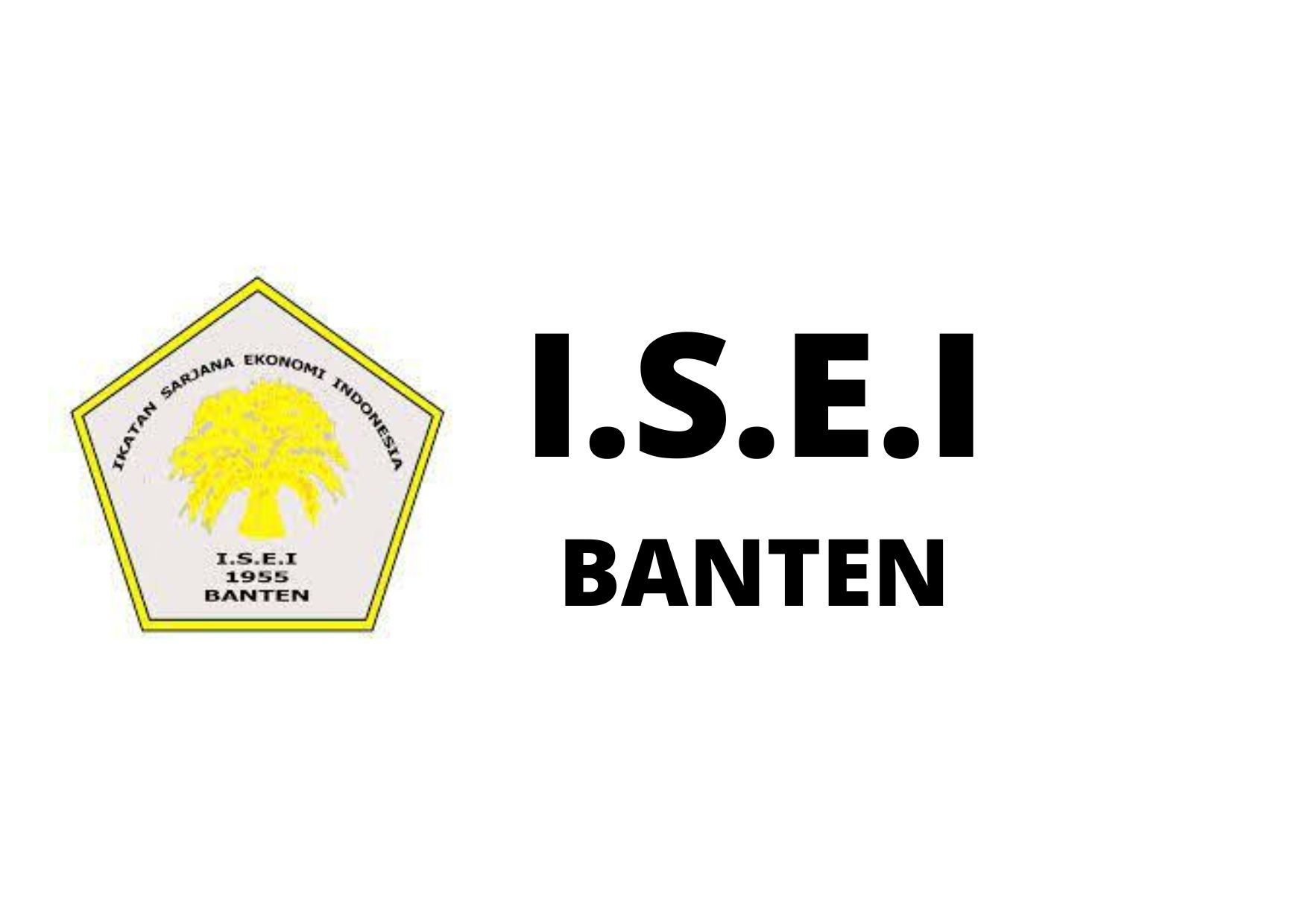Peran Organizational Citizenship Behavior dalam Memoderasi Pengaruh Work Life Policies, Pemberdayaan, dan Training & Development Terhadap Kinerja
Abstract
This research aims to examine the role organizational citizenship behaviour (OCB) in moderating the influence of work life policies (WLP), empowerment and training and development (T&D) on performance. In this research, the respondents are 40 employees of Industry and Trade Office of Tasikmalaya Regency. The data collection method uses a questionnaire. The analytical method uses regression analysis and path analysis. The result of this research denoted that: Firstly, WLP, empowerment and T&D positively and significantly affected the employees’ OCB both partially and simultaneously. Secondly, WLP, empowerment and T&D positively and significantly affected the employees’ performance both partially and simultaneously. Thirdly, OCB positively affected the employees’ performance. Fourthly, WLP, empowerment and T&D indirectly affected employee’s performance through OCB. All in all, the researcher expects that this research may be used as reference by Industry and Trade Office of Tasikmalaya Regency in order to improve the employees’ performance.
Keywords
Full Text:
PDFReferences
Allen, Tammy D & Rush, Michael C (1998), The Effect of OCB on Performance Judgments:A Field Study and a Laboratory, Journal of Applied Psychology, 83(2): 247-260.
Anitha, R & Kamar, A. (2016). A Study On The Impact Of Training On Employee Performance In Private Insurance Sector, Coimbatore District, International Journal of Management Research & Review, 6(8): 1079-1089.
Asad, M. & Mahfod, J. (2015). Training and Development and its Impact on the Employee’s Performance : A Study of Agility Company-Kingdom of Bahrain. International Review of Management and Business Research, 4(3), 700-712.
Avanaki, Mina J. & Masoomeh R. (2015), Investigating the Effect of Empowerment of Staffs on Organizational Citizenship Behavior of Headquarters Staffs of Iranian Tobacco Company, European Online Journal of Natural and Social Sciences, 4(1):1076-1084.
Blancard, Ken (2002), Pemberdayaan Karyawan “Empowerment Take More Than a Minute”, AMARA BOOKS, Yogyakarta.
Conger, Jay A & Kanungo,Rabindra N.K. (1988), The Empowerment Process: Integrating Theory and Practice, Academy of Management Review, 13(3): 471-482.
Dessler, Gary (2006), Manajemen Sumber Daya Manusia (terj), Jilid 1, Edisi Kesepuluh, PT.Indeks, Jakarta.
Fath, F. & Winarningsih, (2016). Pengaruh Motivasi, Insentif, dan Pelatihan Kerja Terhadap Kinerja Karyawan. Jurnal Ilmu dan Riset Manajemen, 5(11), 1-24.
Findarti, Febrisma R, (2016). Pengaruh Pengembangan Sumber Daya Manusia Terhadap Kinerja Pegawai Pada Kantor Badan Kepegawaian Daerah Propinsi Kalimantan Timur. Jurnal Administrasi Bisnis, 4(4), 937-946.
Greenberg, Jerald. (2011), Behavior in Organizations, 10th Edition, Prentice Hall, England.
Greenberg, Jerald & Baron, Robert A. (2003). Behavior in Organizations, 8th Edition, Prentice Hall, New Jersey.
Khan, Muhammad Nazim, (2015). Impact of Work Family Conflict on Organizational Performance, Research Journal of Recent Sciences, 4(5): 48-53.
Lin, Li F. (2013). Effects of Pshycological Empowerment On Organizational Citizenship Behavior In Life Insurance Industry. International Journal of Organizational Innovation, 6(1), 93-99.
Mangkunegara, Anwar Prabu. (2011), Manajemen Sumber Daya Manusia Perusahaan, Cetakan Kesepuluh, PT Remaja Rosdakarya, Bandung,
Marjani, Amir B., & Alizadeh, F., (2014). The Impact of Empowerment on Employees Performance in Standards Office of Tehran, International Journal of Academic Research in Economics and Management Sciences, 3(4), 37-43.
Meitaningrum, D Ayu; Hardjanto I; Siswidiyanto (2013), Efektivitas Pendidikan Dan Pelatihan Dalam Meningkatkan Kinerja Pegawai, Jurnal Administrasi Publik 1(3): 192-199.
Moeheriono (2014), Pengukuran Kinerja Berbasis Kompetensi, Cetakan Pertama, Edisi Revisi, PT.RajaGrafindo Persada, Jakarta.
Pradhan, R.K; Lalatendu.K.J; Itishree.G.K (2016), Effect of Work Life Balance on Prganizational Citizenship Behavior: Role of Organizational Commitment, Global Business Review, 17(3S): 15S-29S.
Quraisy, Hidayah; Nawir, Muhammad (2015), Kesetaraan Gender Pegawai Dinas Pertanian, Jurnal Equilibrium Pendidikan Sosiologi, 3(1): 106-115.
Rehman, O., Mansoor, A., Rafiq, M., Rashid, M., (2011). Training and Development, Leadership Style and Empowerment Practices as Determinants of Organization Citizenship Behavior in Corporate Sector of Developing Country Pakistan. Far East Journal of Psychology and Business, 4(2), 16-26.
Rini, Hazizma, Suhairi L., (2013), Pengaruh Pemberdayaan Karyawan,Kemahiran Diri Dan Keterlibatan Karyawan Terhadap Kepuasan Kerja Dan Kinerja Karyawan, Jurnal Manajemen dan Bisnis Sriwijaya, 11(3): 233-244.
Rusinta, Arfiena., Harsono, Tri Maryati, (2013). Pengaruh Konflik Peran Ganda Terhadap Kinerja Pegawai Wanita Dengan Stres Kerja Sebagai Variabel Pemediasi Di Dinas Pendapatan Pengelolaan Keuangan Dan Aset Kabupaten Kulon Progo. Jurna Bisnis Teori dan Implementasi, 4(1), 1-30.
Robbins P, Stephen & Judge A, Timothy (2017), Organizational Behavior, Edisi 17th, Pearson Education Limites, England.
Ryan, A Marie; Kossek, E Ernst (2008), Work-Life Policy Implementation: Breaking Down Or Creating Barriers To Inclusiveness, Human Resource Management, 47(2): 295- 310.
Sari, Luvia I. (2015). Pengaruh Organizational Citizenship Behaviour, Komitmen Organisasi Dan Disiplin Kerja Terhadap Kinerja Karyawan Pada PT. Ultra Jaya Milk Cabang Yogyakarta. Jurnal Manajemen, 5(2), 61-69.
Sawitri, D., Suswati, E., & Huda, K. (2016). The Impact of Job Satisfaction, Organizaitional Commitment, Organizaitional Citizenship Behavior (OCB) on Employee Performance. International Journal of Organizational Innovation, 9(2), 24- 45.
Sharif, Muhammad Tariq; Zeeshan.A; Muhammad.A.K (2013), The Impact of Work Life Policies, Empowerment and Training and Development on Employee Performance with The Mediating Role of Organizational Citizenship Behaviour (OCB), Academic Journals, 7(17): 1618-1624.
Simamora, Henry (2006), ManajemenSumberDayaManusia, EdisiKetiga, Badan PenerbitanSekolah Tinggi IlmuEkonomi YKPN, Yogyakarta.
Suryadewi, Putu Chori, I Ketut Dunia, Naswan Suharsono, (2014). Pengaruh Pemberdayaan Karyawan Terhadap Kinerja Karyawan Pada PT.Bali Segara Nusantara, Jurnal Pendidikan Ekonomi Undiksha, 4(1), 1-11.
Thomas, Kenneth W; Velthouse.Betty A (1990), Cognitive Elements of Empowerment: An “Interpretive” Model of Intrinsic Task Motivation, Academic of Management Review, 15(4):666-681.
DOI: http://dx.doi.org/10.35448/jmb.v12i2.7131
Refbacks
- There are currently no refbacks.
Copyright (c) 2020 Sains: Jurnal Manajemen dan Bisnis
Redaksi SAINS: Jurnal Manajemen dan Bisnis,
Fakultas Ekonomi dan Bisnis, Universitas Sultan Ageng TirtayasaJl. Raya Palka KM 3 Sindangsari, Pabuaran, Kab. Serang, Provinsi Banten
Telp/Fax (+62254) 3204321
E-mail: [email protected]
Sains: Jurnal Manajemen dan Bisnis is licensed under a Creative Commons Attribution-ShareAlike 4.0 International License.







